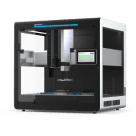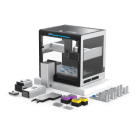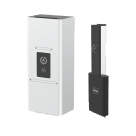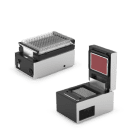Catalyzing rapid discovery of gold-precipitating bacterial lineages with university students
Intriguing and potentially commercially useful microorganisms are found in our surroundings and new tools allow us to learn about their genetic potential and evolutionary history. Engaging students from different disciplines and courses in the search for microbes requires an exciting project with innovative but straightforward procedures and goals. … Read More








